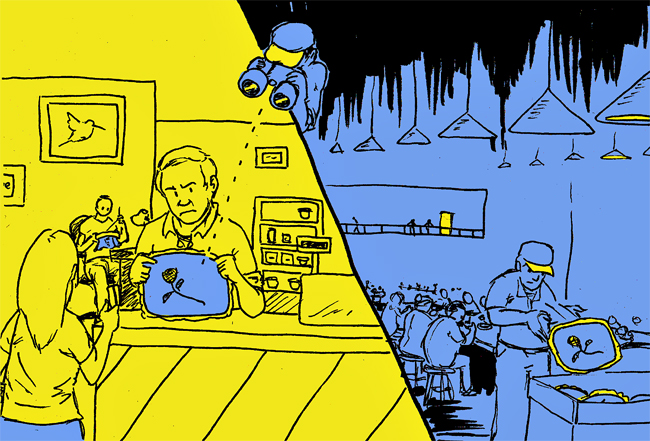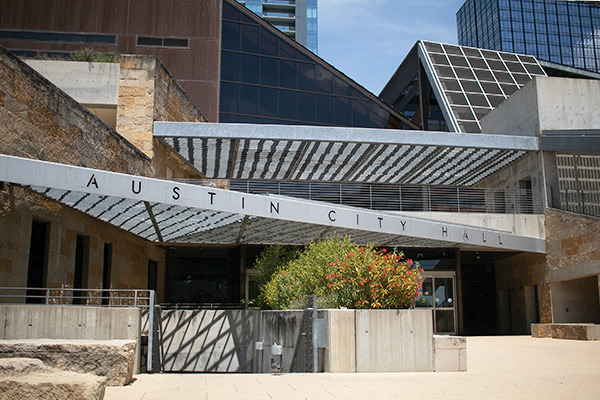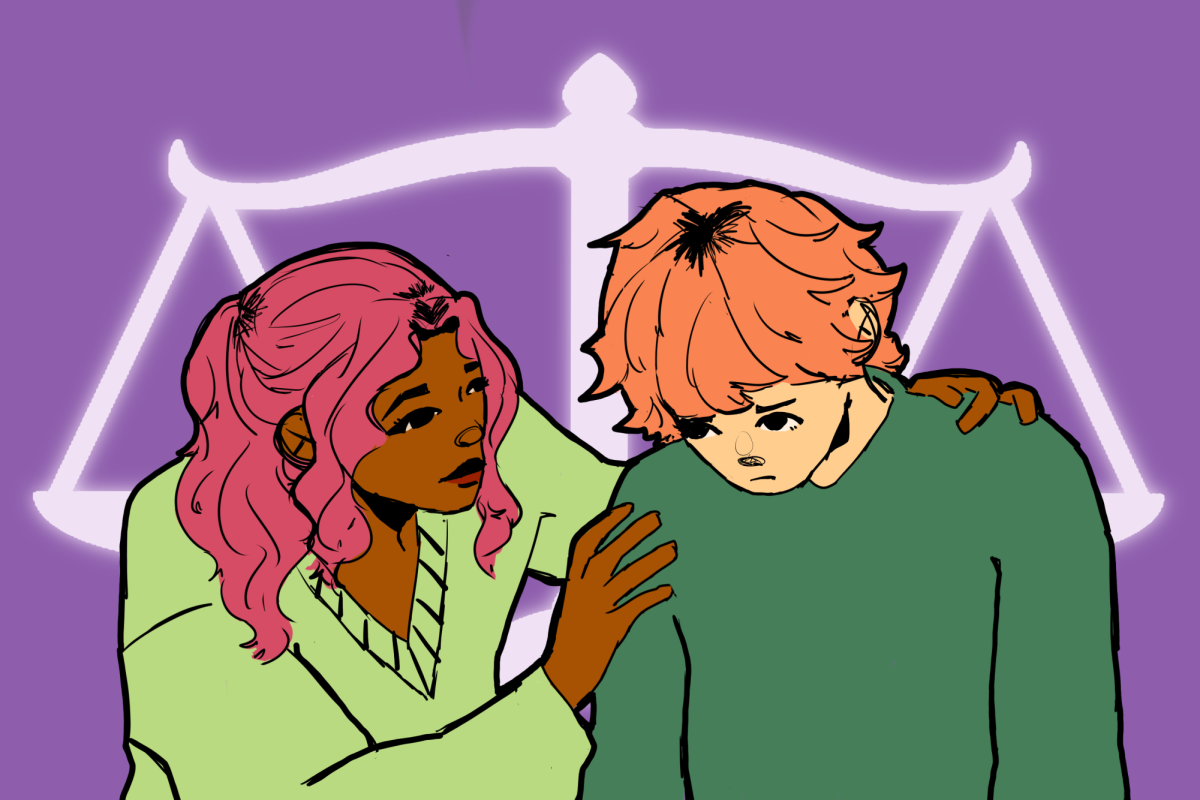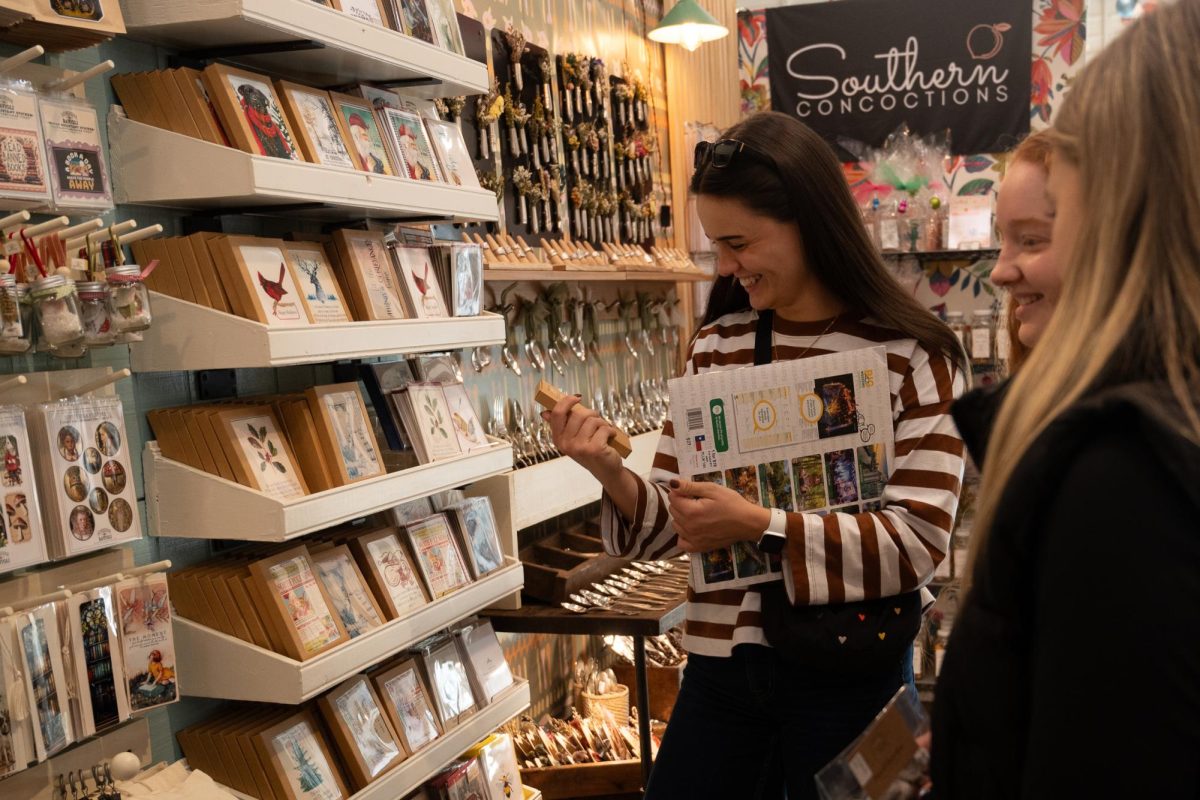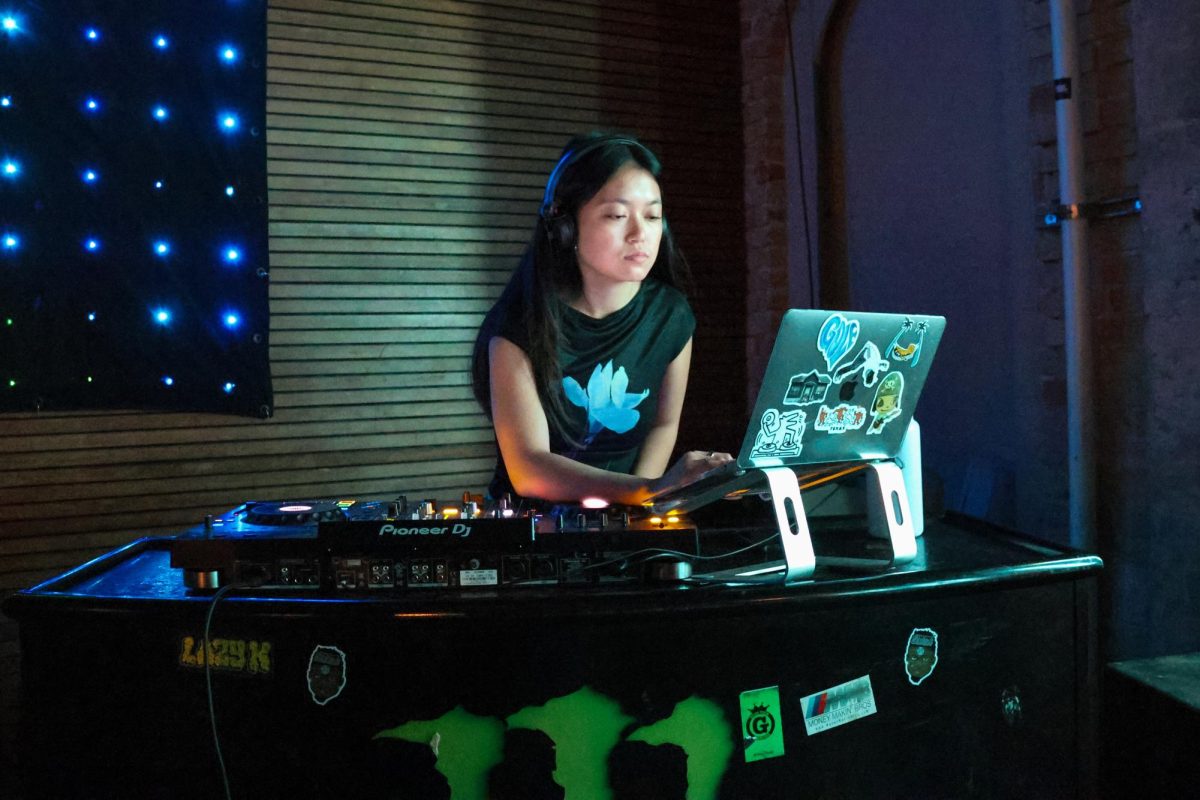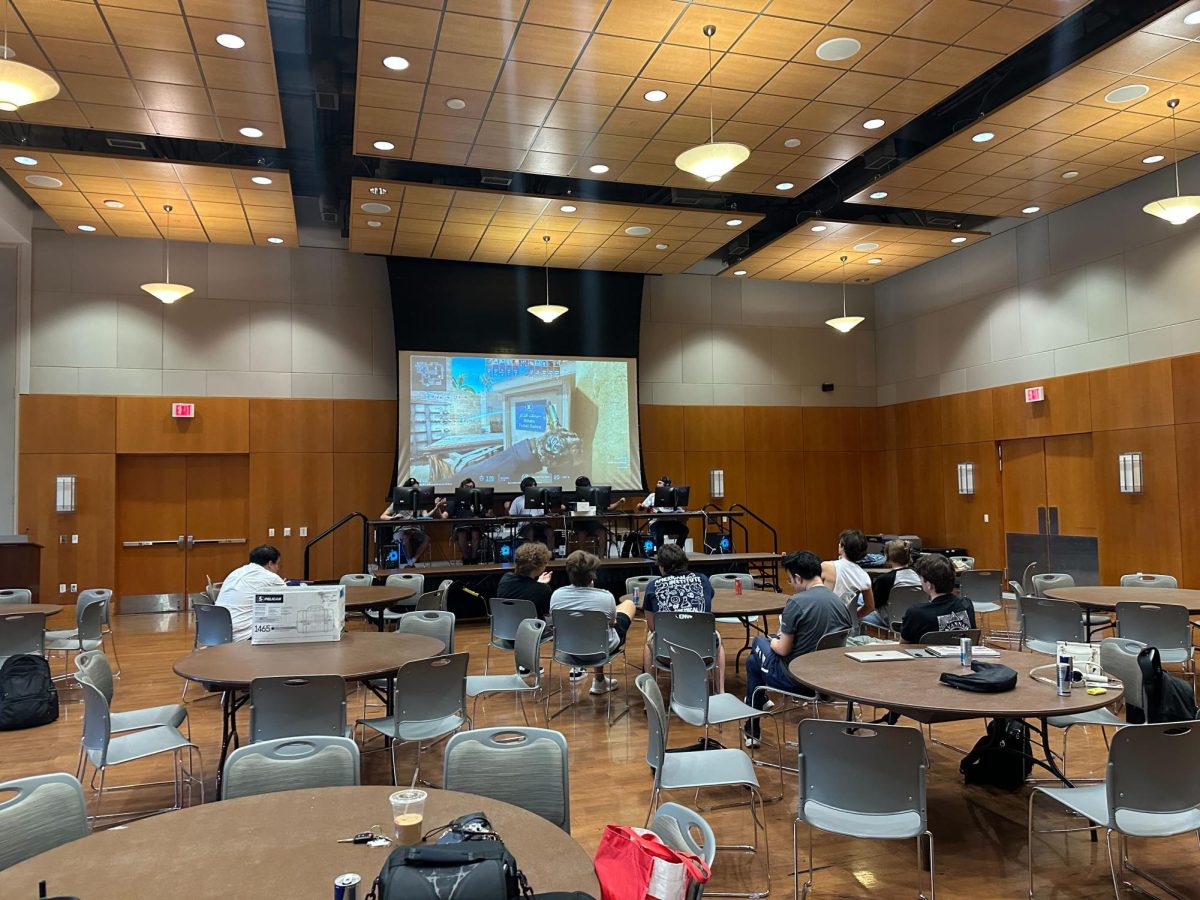The first needlepoint shop in Austin, The Needle Works, opened in 1978. Located in the 26 Doors Shopping Center near Seton Medical Center, the shop sat across the street from the famous Santa Rita Cantina.
But the store came on hard times. The store went through a succession of proprietors. Then, in the late ’90s, Colleen Church bought and moved the store to its current location on Medical Parkway.
“I decided to try something new after a decade in the real estate business,” Church said.
Needle Works employees said they attribute the store’s success to the increased interest in needlepointing across the general population.
“Interest alternates cyclically between knitting and needlepoint,” Church said. “A few years ago, knitting was all the rage, and hardly anyone did needlepoint of any kind.”
Church noted that the two forms are reaching a parity of sorts.
“We’ve been seeing small upticks in the needlepoint community that don’t show any signs of diminishing,” Church said.
Needle Works also has a teaching network that enables needlepointers of all skill levels to come by the store and learn from each other and in-store teachers.
Carol Wallin, a Needle Works employee, said because other stores do not cater specifically to needlepoint, they often have problems keeping a range of supplies in stock.
“We have pretty much everything someone could ask for,” Wallin said. “And, if we don’t, we’ll order enough for the customer and anybody else who might ask for a specific thread.”
The rise of the Internet has made it possible for anyone to buy yarn and stitching supplies with ease, which has put more pressure on niche-oriented shops like Needle Works.
“If brick-and-mortar stores vanish, venues for teaching new needlepointers, venues for passing on valuable hands-on know-how, won’t exist any longer,” Church said. “It could very well mean the death of the art form.”
But Church and other needlepoint enthusiasts look to the community’s response to these underlying problems.
“There’s been a massive push in the past few years to support your local needlepoint shop,” Church said. “To buy locally rather than from an Internet supplier a thousand miles away.”

